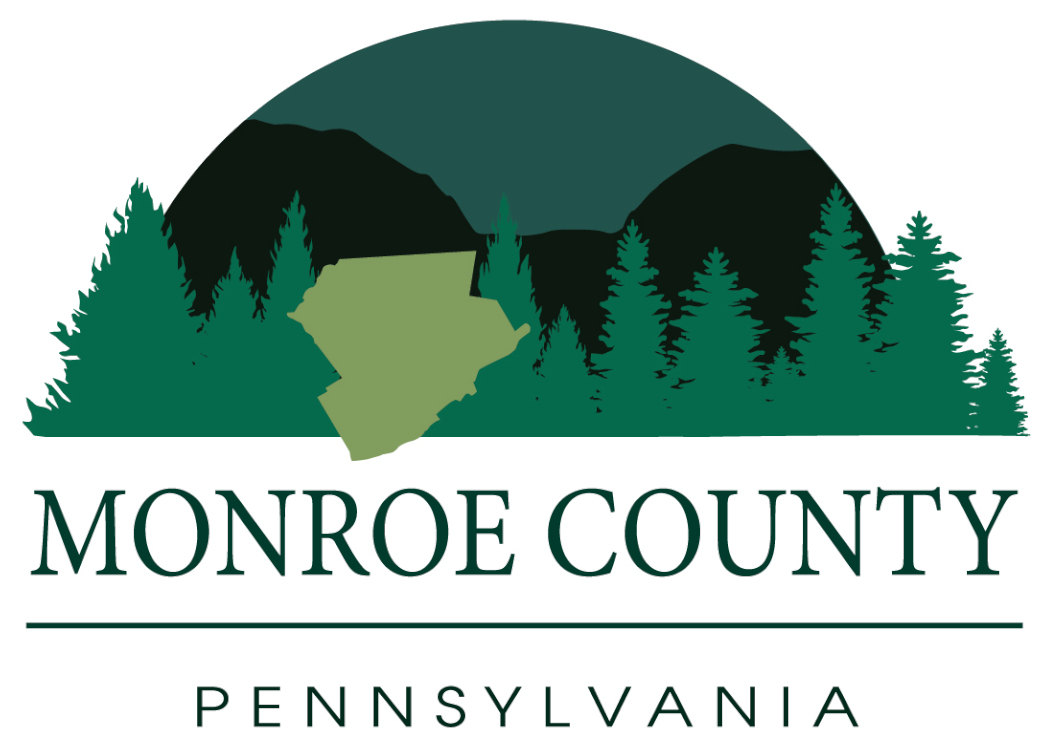Have you ever looked at a character on TV and thought “They’re just like me”? Maybe it’s because you look similar or because they act like you. Maybe they share your problems and insecurities.
According to the Williams Institute, 3.4% of women identify as queer and those women. Recently, shows featuring queer people have become more popular, giving these women a chance to see themselves represented. And that would have been the case if there wasn’t a trend of shows starring queer women getting canceled with little to no explanation.
It seems the reason why this is happening can quickly be narrowed down to three possible causes: homophobia, sexism, or a specific target set at queer women.
Recent popular queer shows, including Heartsopper (2022), It’s a Sin (2021), and Our Flag Means Death (2022), all surround the story of queer men. Shows that include queer women, such as First Kill (2022), I Am Not Okay With This (2020), and One Day at a Time (2017-2020) all star sapphic (women love women) couples and were canceled leaving many queer people outraged.
“It’s honestly super annoying,” expressed Nora McCabe, 11. “When I see these shows, I know that either the lesbian couple is going to be super toxic, not showcased at all, and/or it’s going to be immediately canceled.”
Juniper Dullen, 11, said, “I think that it’s unfair. The cancellations are stupid because a lot of the Women Love Women shows have more views than shows about queer men, but those continue to get another season.”
Dullen’s statement holds true with Heartstopper getting ready for its third season even after it got 15.8 million fewer hours of streaming time during its first week than First Kill according to the website Them.
Shows such as Willow (2022) and The Rise of the Pink Ladies (2023) not only got canceled but were completely removed from their streaming service even as they rose in popularity.
Much like homophobia, sexism affects mainstream media. It can still be found in queer spaces even though they are expected to be all-inclusive.
“I absolutely have faced sexism from other queer people! There’s not one specific cause for it, but I mainly think it’s rooted in heteronormativity,” says McCabe, “…. It seems as though many men hate people who don’t cater towards them, and queer people who feel the need to garner acceptance from cishet people embody these values that come out as sexism.”
According to the website Variety, last year, only 33% of all movies produced had female leads. Furthermore, many shows featuring women, queer or not, have been canceled. Women still face hardships today, including the gender wage gap, getting overlooked for promotions, sexualization, and many other forms of misogyny.
According to the Pew Research Center, 42% of women claim they face discrimination because of their gender. The effect misogyny has on women could explain why the media holds such biases against queer women.
Lastly, this phenomenon may be just a “lesbian thing.” According to some queer women, they have always been treated poorly- constantly being over-sexualized and stereotyped. Most media portraying queer women is watched by straight men, which adds to the misconception between acceptance and fetishization. As a result, the media tends to lean towards the male gaze.
Dullen said it makes her feel “very distraught and annoyed” and explained, “Since the target is men, queer women are sexualized, dramatized, and unrealistic. I’d rather see a more realistic romance.”
It’s safe to say that there is a problem with how queer women are treated, though the cause isn’t obvious.
“I think the cause of this is sexism, which leads to lesbiphobia,” stated McCabe. “I think many men resent people that don’t cater to them and this has nothing to do with men. If it were homophobia rather than a lesbian issue, the majority of shows featuring queer men would be canceled.”
Dullen believes there are two possible causes, “It’s homophobia and sexism. People will see queer people and assume it’s bad and, when the main role is a woman, it will be overly critiqued.”
This leads to the question: Is it homophobia, sexism, a lesbian thing, or a mix of everything?
The treatment of queer women could be improved with the understanding of how sexism and homophobia affect the way the media sees them. Once faults are acknowledged, the hope is representation will change and the treatment of queer women will improve.
